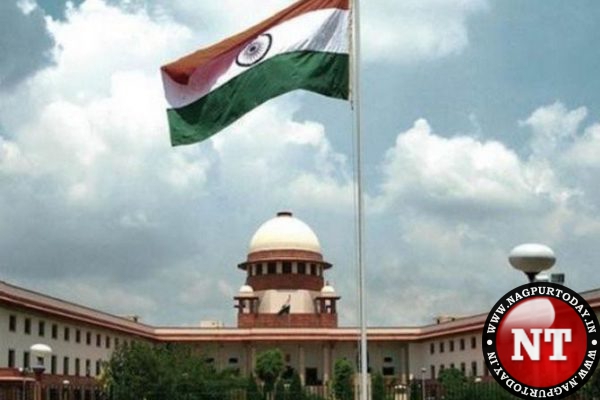
Nagpur: Justice Satish Chandra Sharma at the Supreme Court suspended the sentence of conviction of the accused Devendra Khot in the offence under the Prevention of Corruption Act. The accused was convicted by the Sessions Court, Chandrapur and Justice S.C. More at the Nagpur Bench of Bombay High Court had upheld the said conviction.
The defence argued that it was argued that the conviction was prima facie bad in law as the genesis of the verification of demand which was sine qua non had not been conducted and without verifying the allegations of demand, the Investigating Officer had mechanically proceeded to rely upon the version of the complainant and had laid a trap without verification of demand.
So also, on the face of records, no work was pending with the accused and there were vital contrary versions and grave discrepancies about the place of demand and the versions of demand from the mouth of complainant, panch and other witnesses and their versions could not be resorted to be relied upon. The crucial aspects about the mudemmal properties i.e., the tainted cash amount, the handwash liquid, the clothes of the accused and the complainant had not been produced in the Trial Court, nor were they identified before the Trial Court and no reliance could be placed thereupon as the basic incriminating properties were not produced.
Likewise, the CFSL Report of the handwash was produced in the Court after 16 years when the arguments of the parties were over and despite the fact that the CFSL Report was filed on record after the statement of the accused was recorded under Section 313 of the Criminal Procedure Code and the said report was not subjected to the accused in his statement under Section 313 CrPC, the Trial Court committed an error in relying upon the said report in its judgment against the accused.
Likewise, since the Investigating Officer had expired, he could not be cross-examined and no explanation was there on record as to why the Tape Recorder was not used in the course of the Trap Proceedings. As such, it was pointed out that the judgments passed by the Trial Court and the High Court were perverse and did not meet the scrutiny of law on both facts and evidentiary aspects.
The Supreme Court, as such appreciating the fact that an arguable case had been spelled out by the appellant, the sentence of conviction as was imposed was set aside.
Senior counsel Dama Seshadri Naidu, Prakash Naidu and Anagha Desai (AOR) represented the appellant.














